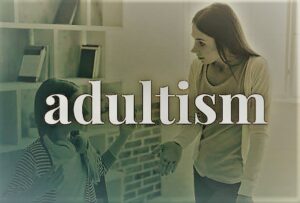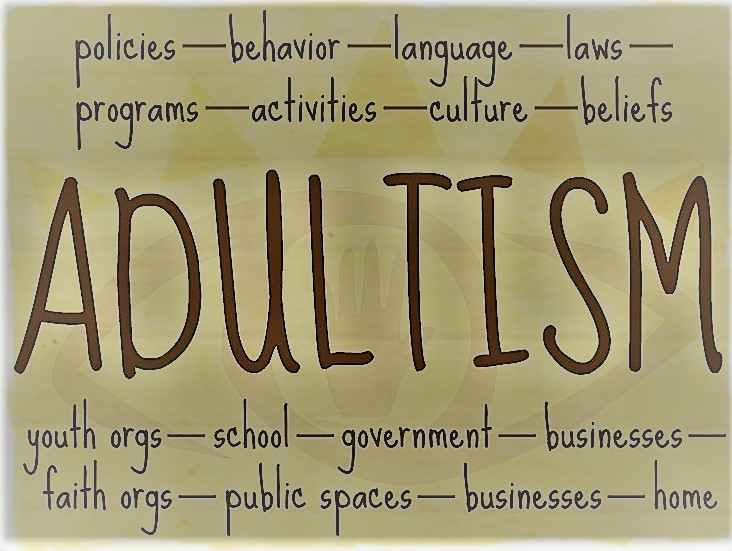Welcome to a deep dive into the intriguing world of adultism. As we unravel this concept, we will explore its benefits, popularity, and who ultimately reaps the rewards. Join us on this enlightening journey as we uncover the layers of adultism and its impact on society. Let’s embark on this exploration together!
What Are the Benefits of Adultism?
Embracing adultism in society can bring about a sense of structure and order. With adults being seen as the primary decision-makers, there is a clear hierarchy that helps maintain stability in various settings. This can lead to smoother operations within families, workplaces, and communities.
Adultism also fosters a sense of responsibility among individuals. By recognizing the authority of adults, younger generations are encouraged to learn from their experiences and guidance. This dynamic promotes personal growth and development by instilling values of respect and discipline.
Moreover, adult ism plays a role in upholding traditions and cultural norms. Through the passing down of knowledge from older generations to younger ones, valuable customs are preserved for future continuity. This connection to heritage creates a sense of belonging and identity within communities.
Acknowledging the benefits of adultism highlights its impact on shaping individuals’ behavior patterns and societal structures for greater cohesion and efficiency.

Why Is Adultism So Popular?
Adult ism, the belief that adults are superior to young people, has ingrained itself in societies worldwide. The popularity of adul tism can be attributed to a variety of factors. Throughout history, there has been a traditional emphasis on respecting authority figures and following societal norms set by adults. This cultural conditioning perpetuates the idea that adults hold more knowledge and wisdom simply due to their age.
Moreover, the power dynamics inherent in adult ism provide individuals with a sense of control and superiority over younger generations. This power imbalance is often reinforced through systems such as education and employment where adults hold positions of authority.
Additionally, media portrayals frequently depict youth as inexperienced or rebellious, further reinforcing stereotypes associated with adult ism. These depictions shape societal attitudes towards young people and contribute to the normalization of adult-centric perspectives.
The widespread acceptance of adult ism highlights the need for critical examination of how age-based discrimination impacts individuals across different stages of life.
Who Benefits from Adultism?
Adultism benefits those in positions of power and authority, allowing them to maintain control and influence over others. Whether it’s in the workplace, schools, or society at large, adult ism can give individuals a sense of superiority and entitlement based solely on their age. This dynamic can result in younger individuals feeling marginalized and disempowered.
Furthermore, industries that cater to adults as consumers benefit greatly from adult ism. From marketing strategies aimed at older demographics to products tailored specifically for adults, businesses capitalize on the idea that adulthood equates to purchasing power. This perpetuates a cycle where adult interests are prioritized while youth perspectives are often overlooked.
In social settings, those who conform to societal norms associated with maturity may also benefit from adultism by being accepted and validated within their communities. This validation reinforces the notion that adhering to adult standards is essential for acceptance and success in various aspects of life.
Conclusion
Adultism is a complex phenomenon that impacts various aspects of society, from the workplace to interpersonal relationships. By understanding the benefits and reasons behind adul tism, we can work towards creating a more inclusive and equitable world for people of all ages. It is essential to challenge stereotypes and biases associated with age to promote respect and equal opportunities for individuals at every stage of life. As we continue to explore the world of adul tism, let us strive to foster a culture that values diversity and empowers individuals regardless of their age. Together, we can create a more inclusive society where everyone’s voice is heard and respected.




